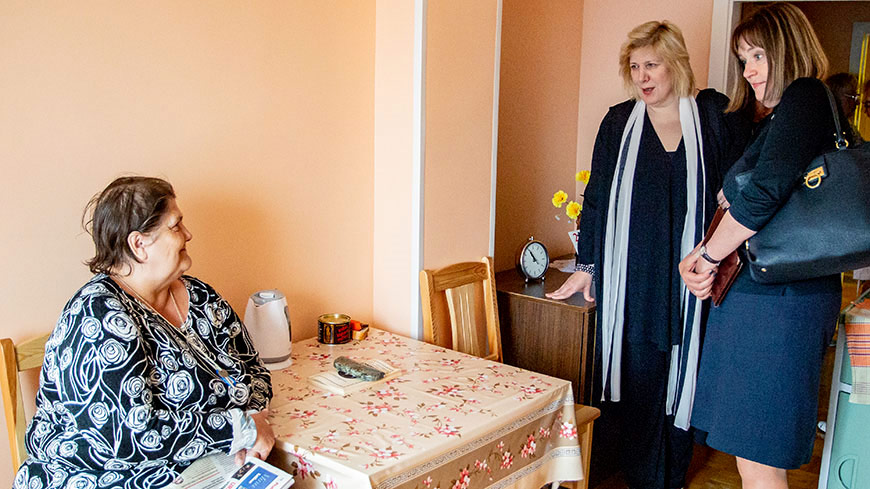“Estonia has been developing at a fast pace, but some people in the country risk being left behind. To achieve a more inclusive society, Estonia should combat discrimination and abuses against older persons, tackle the gender pay gap and violence against women, and devote more efforts to building social cohesion,” says the Council of Europe Commissioner for Human Rights, Dunja Mijatović, at the end of a five-day visit to the country. The Commissioner stresses that human rights provide an essential protection to all people and should guide policy-making in all areas, including when pursuing ambitious digitalisation and artificial intelligence projects.
Estonia, like many other European countries, should urgently address the human rights implications linked to an aging population. According to Eurostat, Estonia has one of the highest rates of older persons at risk of poverty and social exclusion in the European Union (EU). This situation is also prominent among older persons belonging to the Russian-speaking minority, and represents a continuation of economic disparities that exist between ethnic communities in Estonia. “The Estonian authorities should accept Article 23 of the Revised European Social Charter and ensure that social protection floors and pensions are sufficient to enable all older people to live in dignity,” says the Commissioner. She also calls on the authorities to organise public campaigns to combat ageism and prejudices against older persons, in order to counter existing discrimination and foster inter-generational solidarity.



